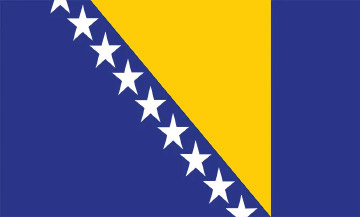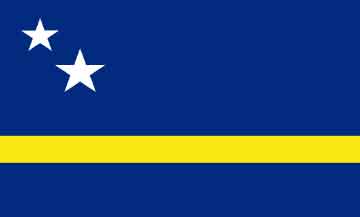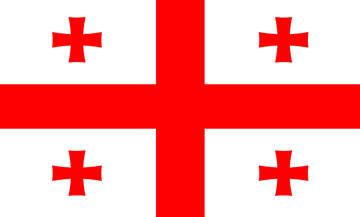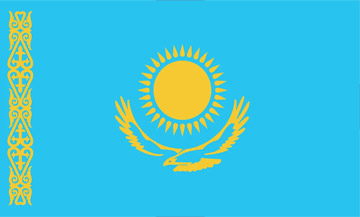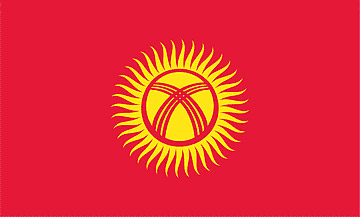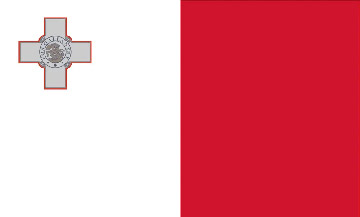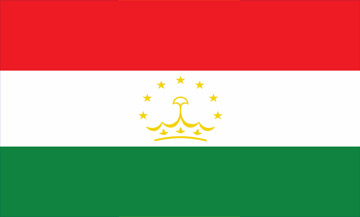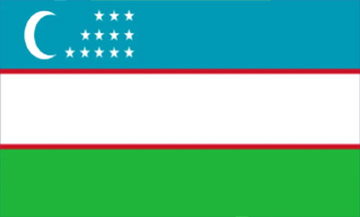Study MBBS in Bosnia
The country comprises two autonomous entities – the Federation of Bosnia and Herzegovina and Republika Srpska – and the Brcko District, which is governed by its own local government.
The official currency in Bosnia and Herzegovina is the Convertible Mark (KM or BAM), which is pegged to the euro at approximately 2 KM = 1 euro.
Bosnia and Herzegovina is an upper-middle-income country with an estimated 3.8 million people, more than half of them living in rural areas. The country has more than 500,000 smallholder-owned farms and about a third of the population is in some way engaged in agriculture.
Bosnia and Herzegovina are home to beautiful towering mountains—the site of the 1984 Winter Olympics—forests, historical fortresses, monasteries, and mosques.
English is a widely spoken language throughout the world, with some being native speakers, while English is a second language for many others.
Bosnia and Herzegovina is a beautiful country in Southeast Europe, known for its rich history, stunning landscapes, and friendly people. It’s a great place to live, with a variety of activities to enjoy including skiing, hiking, and cultural experiences.
Bosnian people are very friendly, and welcoming with a unique sense of humor. Relationships between parents and children are mostly based on mutual trust even though parents have the final say in many decisions.
Diverse European and Turkish influences are felt in the cultural life of Bosnia and Herzegovina. There are considerable variations between traditional and modern and between rural and urban culture as well.



Quick Highlights - MBBS in Bosnia
Basic Eligibility
- 50% MARKS in HSC (12th Class)
- Biology, Physics, Chemistry, Subjects are compulsory
- NEET – just pass
- Should appear for an Entrance Exam (Rs. 50 thousand)
IELTS and TOEFL
Last Date to Apply
Medium of Education
English
Universities Recognition
Minimum Course Fee
Maximum Course Fee
Cost of Living in Bosnia
Course Duration (In Years)
Flight Duration
We also can Guarantee admissions in



